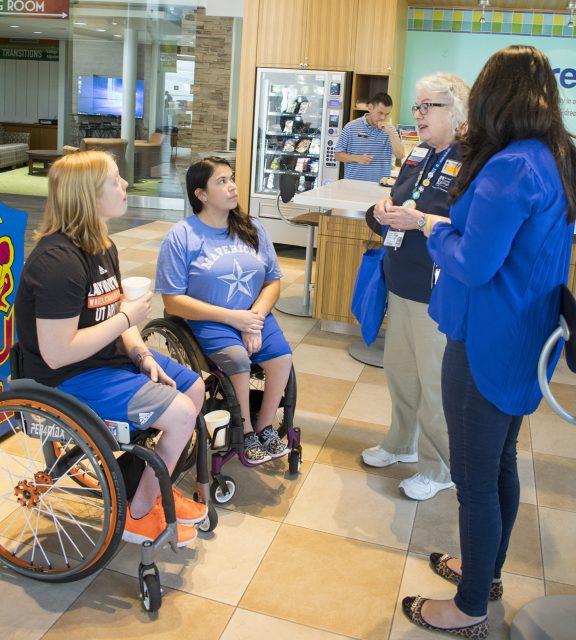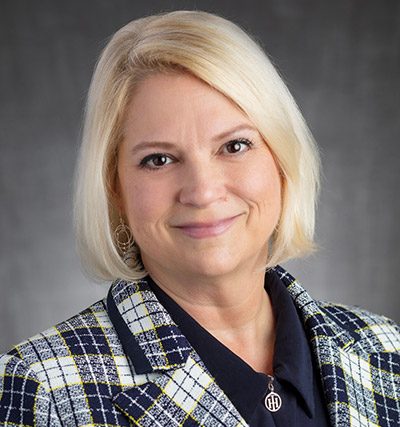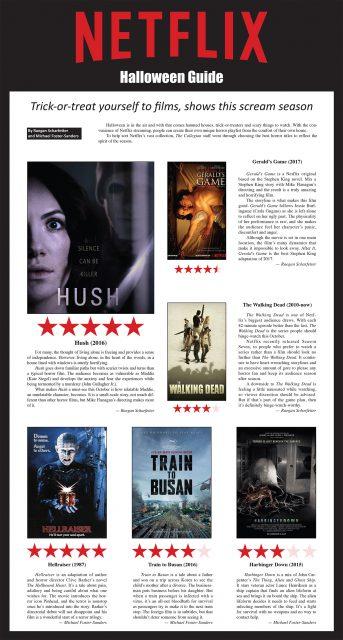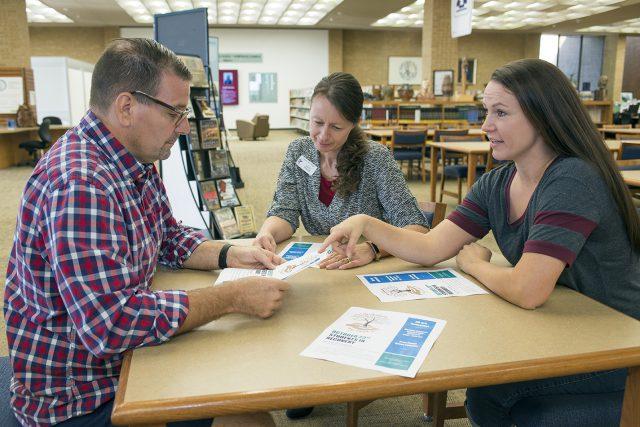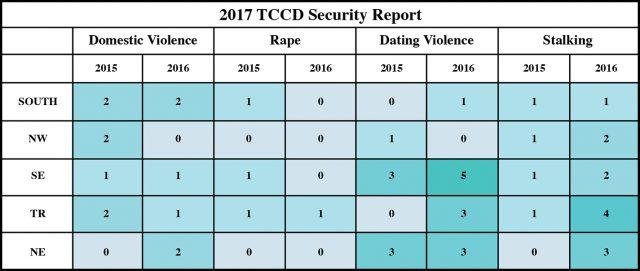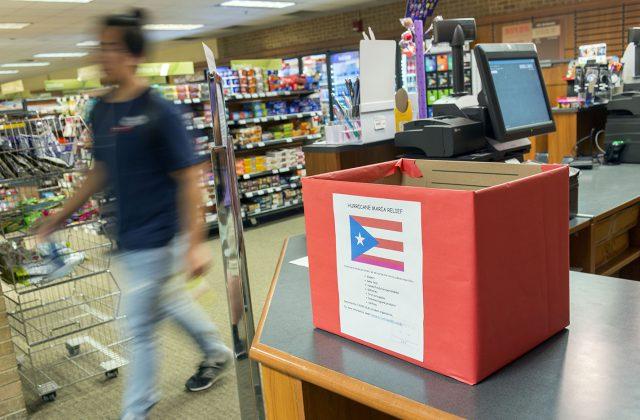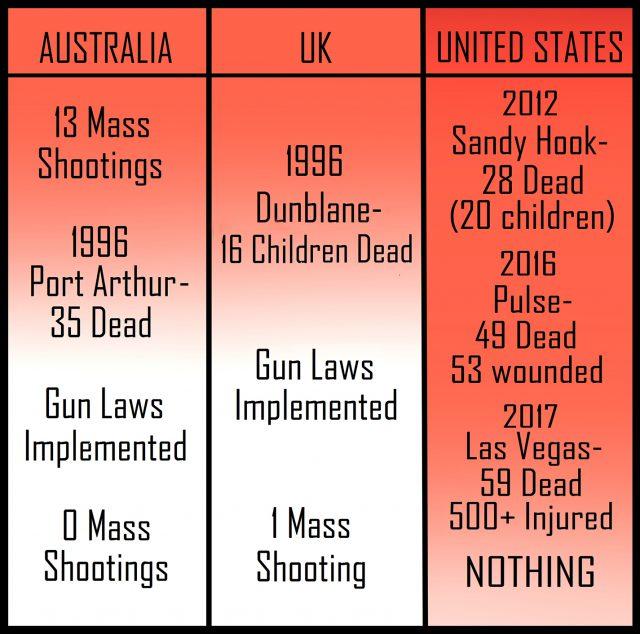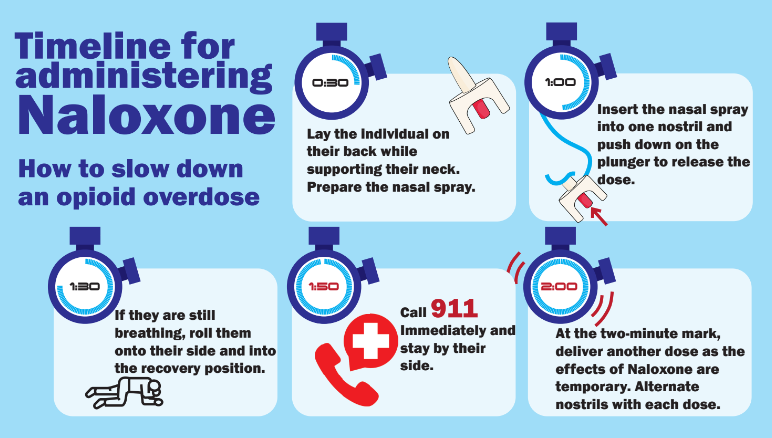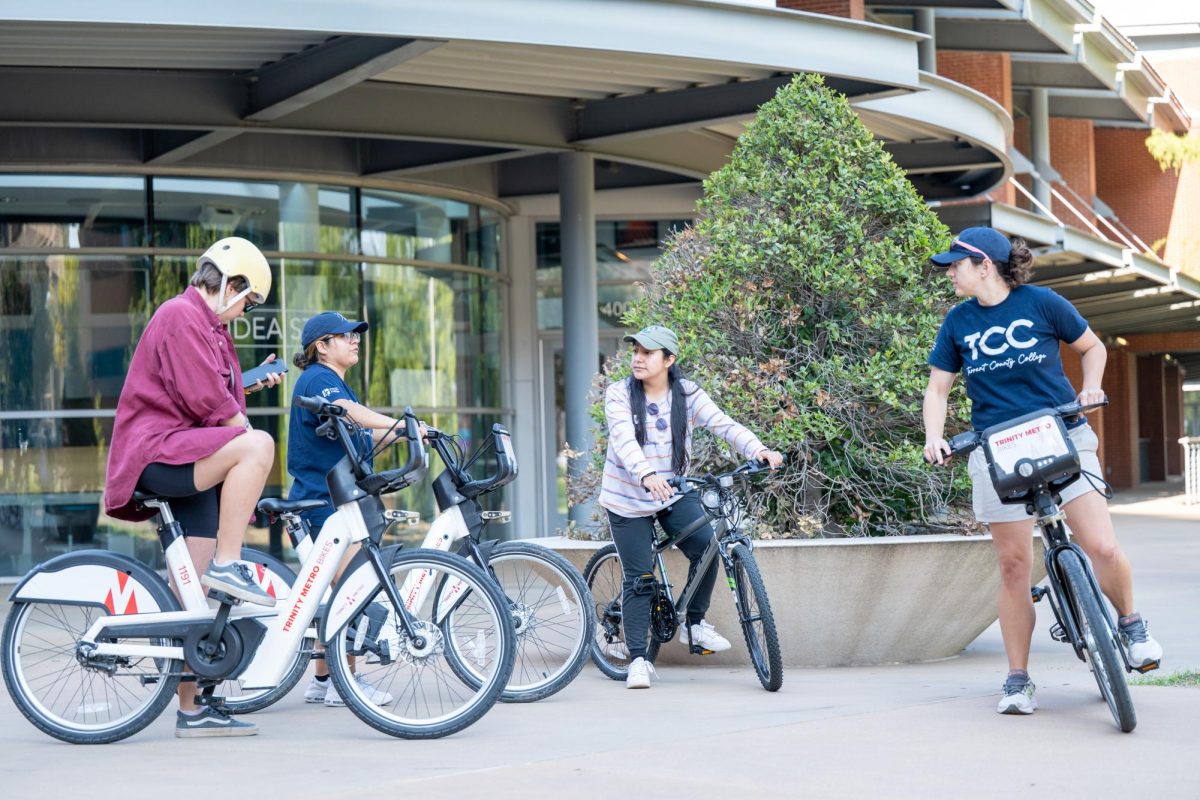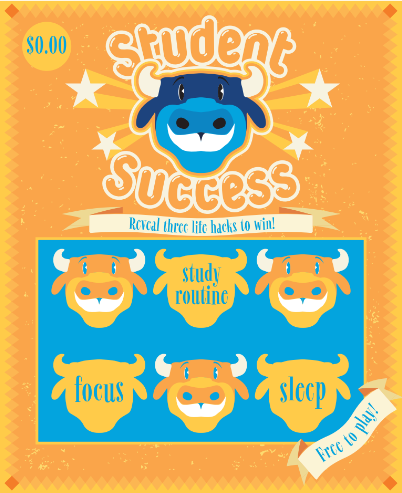By Lana Shuck/reporter
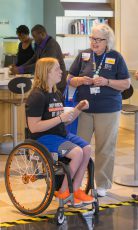
Wheelchair athletes are living the dream of growing up to play college sports, said the University of Texas at Arlington’s wheelchair basketball team coach.
Doug Garner, head coach of the Movin’ Mavs, 2017 college wheelchair basketball national champions, shared his story on TR Oct. 4.
“As parents, we wanted our first son to be fit and happy and part of the sports world,” said Garner. Their son was born with spina bifida.
But his son’s interest in athletics led to his quest for adaptive sports opportunities, development of a nonprofit for disabled children and coaching the Movin` Mavs, Garner said.
“Less than 25 percent of people with disabilities have a college degree,” Garner said. “And about 63 percent of people with disabilities live in poverty.”
Morgan Wood and Mikila Salazar were part of the first women’s wheelchair basketball national champion team at UTA last year.
“It’s opened up a lot of doors for me and given me a lot of confidence with my disability because that’s not something I had before,” said Salazar, a journalism major.
Wood said the best part about public speaking isn’t just sharing their team’s success but helping others understand their need to “live life freely” in communities and colleges that are wheelchair-accessible. She earned a bachelor’s degree in psychology and is working on a master’s degree.
Garner receives calls from high schools about students hoping to play wheelchair basketball in college, but most administrators aren’t aware it’s possible. Garner said federal mandates already exist to support adaptive sports for public schools and colleges, but the infrastructure hasn’t been developed, and they lack federal and state funding.
TR student and peer academic leader John Inthochac, who has cerebral palsy, said he liked the presentation.
“I wish I’d known about these programs when I was in high school,” he said.
Adaptive sports programs for children and adults operate in the area. UTA is holding an adaptive sports exposition Oct. 28, which offers an opportunity to get more information, Garner said.
“We need more colleges to invest in these programs,” he said. “We need to get the word out and help these kids find local programs.”
























